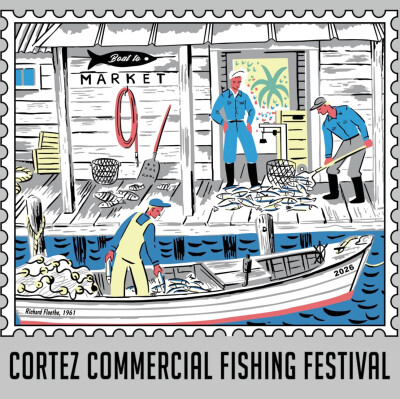When we talk about local food in New Hampshire, most of us think of fruits and vegetables. But with our 18 miles of coastline, seafood has the potential to be a local food as well. This year's big cuts to catch limits for fish like cod and haddock herald a rough year for New Hampshire ground fishermen. So they're finding new ways to connect with local consumers to help them stay afloat. And their approach may be the first of its kind.
Most of us have grown familiar with the term CSA—Community Supported Agriculture—where people pay a local farmer up front for fresh produce deliveries. Now, the state's 14 remaining ground fish boats are teaming up to do the same thing with fish. Joshua Wiersma is the co-founder of the New Hampshire Community Supported Fishery, or CSF, called NH Community Seafood.
He says, "We're offering you a share of our fish every week. What's in season, what we've landed and really the freshest fish that you could ever get 24 hours from its landing, delivered to you and sourced back to the boat that caught it."
Alongside that is a marketing campaign called New Hampshire Fresh and Local Seafood which is spearheaded by the UNH Cooperative Extension and New Hampshire Sea Grant.
"In an effort to survive, what we'd like to do is expose the consumer to these products that they don't necessarily get a chance to sample," Wiersma says.
At a recent event in Portsmouth kicking off this year's fishing season, Wiersma, who's also New Hampshire's sector (read voluntary Federally-administered cooperative) manager with the National Marine Fishery Service, says the solution to crippling Federal catch limits is to market other, less regulated types of fish to Granite Staters. There are about 16 types of ground fish in the Gulf of Maine, many that are in abundance, but only about three or four types of ground fish end up on local menus. About 225 people showed up at the event to try many of those less-known fish prepared by local chefs.
"We'd like to offer our fish first to New Hampshire consumers, before it goes to the global markets," says Wiersma.
Read the full story at New Hampshire Public Radio>>






